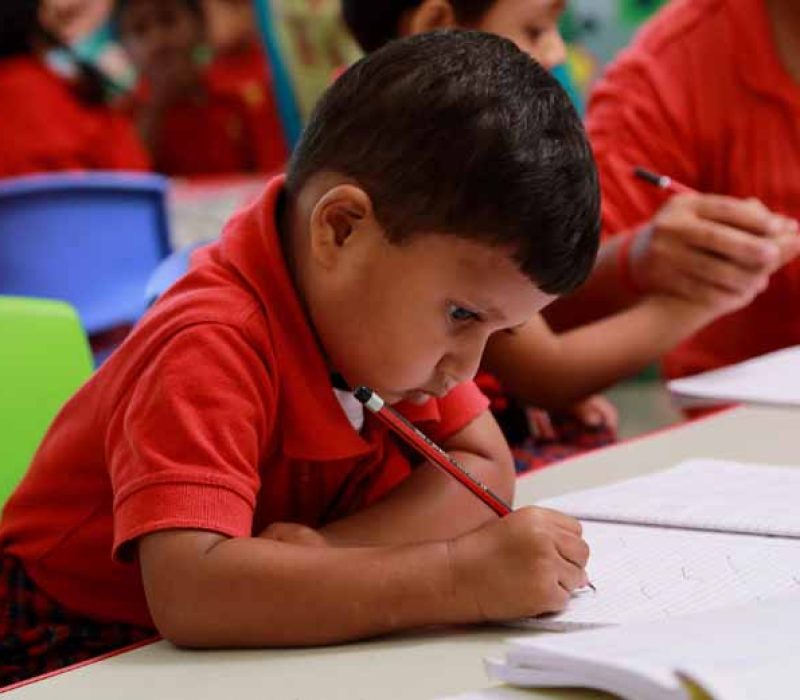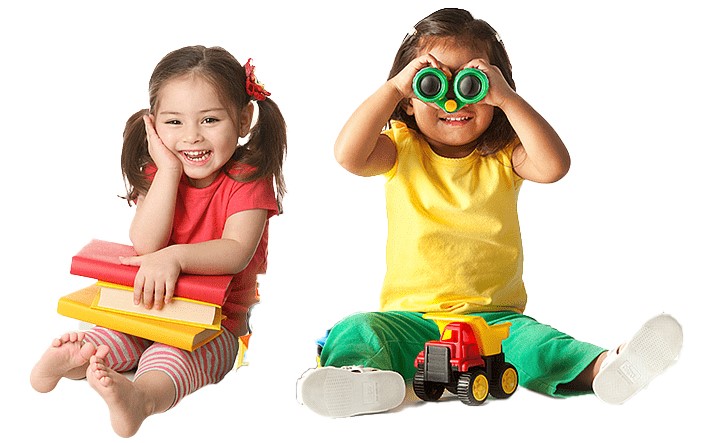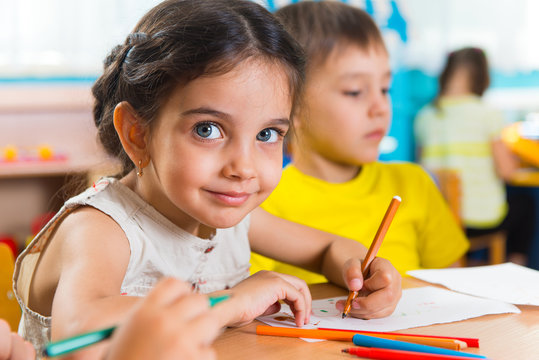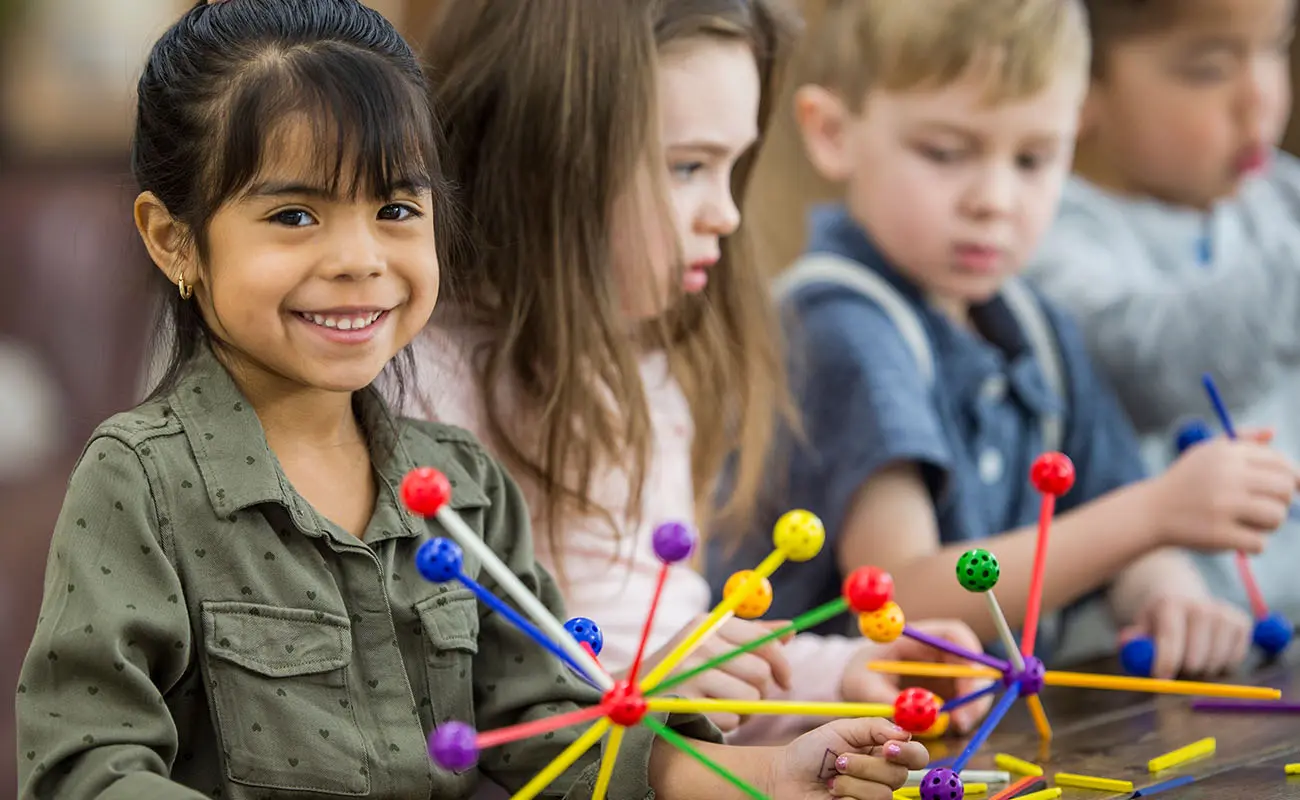Nursery
Ideally, kindergarten will be a smooth, sunny introduction to real school for your child, since it sets the stage for the rest of their education.
The Nursery program at Springdales
The Nursery program targets children aged 4.0 to 4.5 years (In April), a period characterized by incessant questioning and the brain’s heightened flexibility. The curriculum encourages exploration, communication, and independence. Children engage in thematic conversations, social interactions, and artistic expression to embark on a voyage of discovery. Through hands-on experiences, they learn to participate in routines, make decisions, and observe and question the world around them. The unique curriculum fosters a love of learning by providing engaging opportunities for literacy development, including meaningful reading and writing experiences guided by both teachers and child-initiated interests. Small group and independent play activities, as well as organized big group activities, equip children with the necessary skills for a smooth transition into formal schooling.
Individualized care
Our Nursery program includes:
- Curiosity and Flexibility: The Nursery program caters to the natural curiosity of children in the 4.0 to 4.5 years age range (In April), harnessing their flexible brains to encourage exploration and questioning.
- Communication and Independence: Children learn to express themselves and make decisions independently, developing crucial communication skills and a sense of autonomy.
- Thematic Conversations: Thematic conversations provide a framework for children to explore diverse topics and concepts, fostering curiosity and critical thinking.
- Artistic Expression: Artistic expression allows children to express themselves creatively and engage with their surroundings in meaningful ways.
- Love of Learning: The curriculum is designed to cultivate a love of learning by providing engaging and meaningful experiences that spark children's curiosity and enthusiasm.
- Literacy Development: Teachers facilitate literacy development through hands-on experiences, including meaningful reading and writing activities tailored to both child-initiated interests and teacher-guided instruction.
- Social Interaction: Social interaction is promoted through small group instructions, independent play, and organized big group activities, allowing children to develop essential social skills and prepare for school.
- Physical Development: Activities are designed to promote physical development, including skills such as hopping, skipping, and jumping, ensuring children are prepared for the physical demands of formal schooling.

Why Nursery is Important:
- Cognitive Development: The Nursery program supports cognitive development by encouraging exploration, questioning, and critical thinking, laying the foundation for future academic success.
- Social and Emotional Skills: Through social interactions and independent decision-making, children develop essential social and emotional skills such as communication, cooperation, and self-regulation.
- Literacy Skills: The emphasis on literacy development equips children with the necessary skills for reading and writing, ensuring they are prepared for the literacy demands of formal schooling.
- Independence and Confidence: By participating in routines, making decisions, and engaging in hands-on activities, children build independence and confidence in their abilities.
- Smooth Transition to School: The Nursery program prepares children for the transition to formal schooling by providing them with the necessary skills, knowledge, and confidence to succeed in a structured learning environment.




